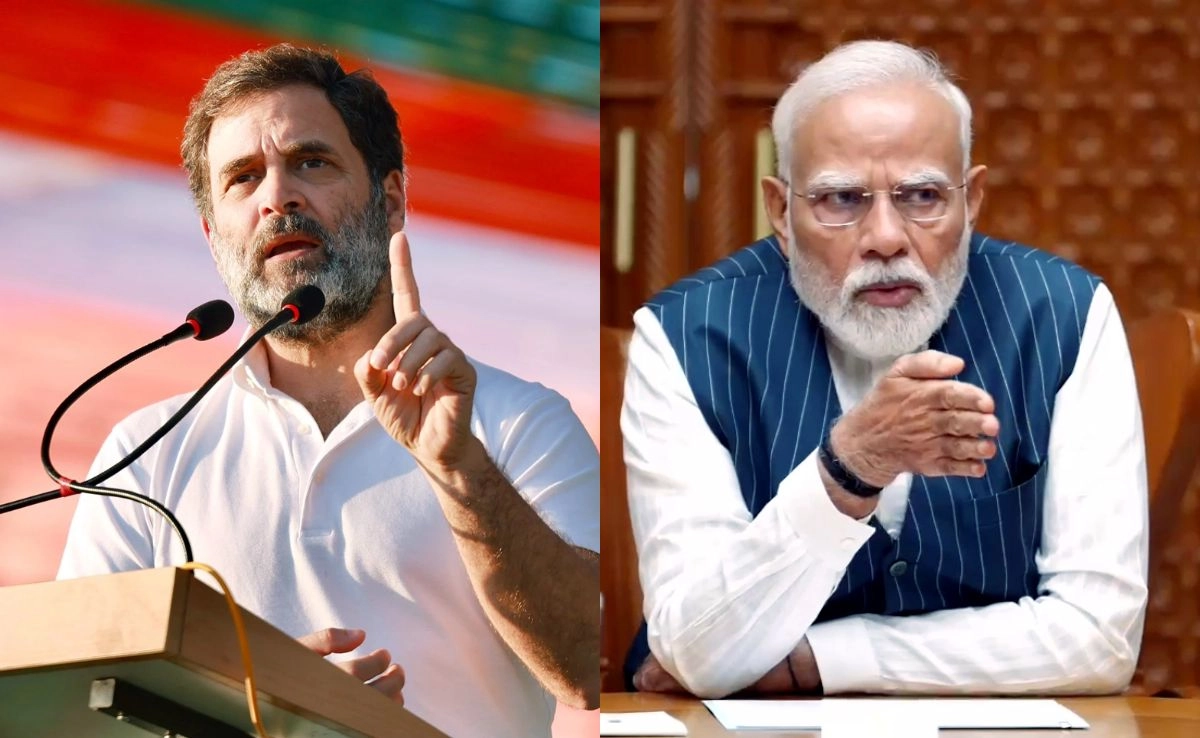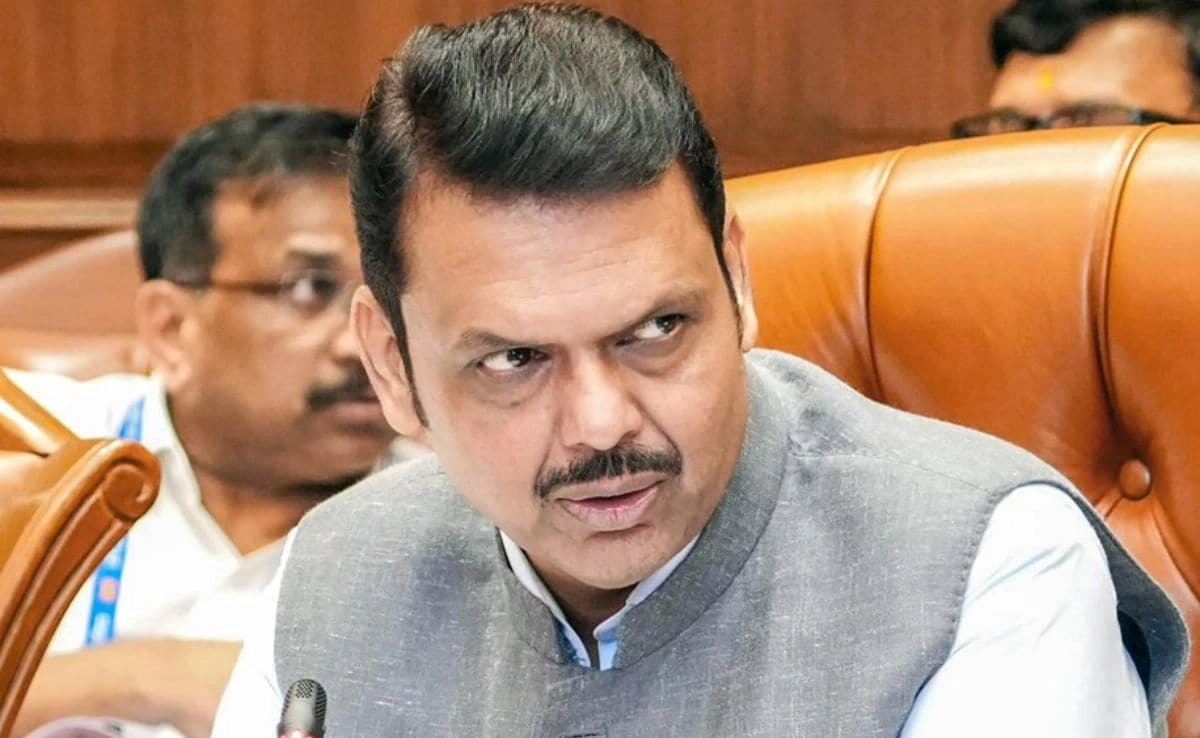In a significant political move, Rahul Gandhi has reached out to Prime Minister Narendra Modi, urging him to prioritize the implementation of a ceasefire agreement in the ongoing conflict that has escalated tensions in the region. This correspondence comes in the wake of a statement made by the United States President, who first announced a call for a ceasefire in an effort to de-escalate the violence and facilitate humanitarian assistance. Gandhi’s letter emphasizes the urgency of the situation, highlighting the dire consequences of continued hostilities on civilian populations and the overall stability of the affected areas.
The context of this communication reflects a broader concern regarding the impact of the conflict on India’s foreign policy and its diplomatic relations. By advocating for a ceasefire, Gandhi is not only aligning with international calls for peace but also positioning himself as a proactive leader in addressing pressing global issues. His request to the Prime Minister underscores the responsibility of the Indian government to take a stand in favor of peace, particularly when the international community, including powerful nations like the United States, is advocating for an immediate cessation of hostilities.
Moreover, Gandhi’s initiative can be viewed as a strategic move to galvanize public opinion and reinforce the importance of humanitarian values in politics. In times of crisis, leaders are often judged by their ability to respond effectively to the needs of their citizens and the international community. By urging the Prime Minister to act swiftly on the ceasefire, Gandhi is not only calling for an end to violence but also promoting a narrative of compassion and responsibility that resonates with the electorate. This move could potentially influence the political landscape in India, encouraging a more collaborative approach to foreign policy that prioritizes peace and stability.
In conclusion, Rahul Gandhi’s letter to Prime Minister Modi serves as a crucial reminder of the importance of diplomacy and humanitarian considerations in times of conflict. As the international community, led by the United States, pushes for a ceasefire, India’s leadership faces the challenge of responding to these calls while maintaining national interests. The outcome of this situation will not only affect the immediate conflict but could also shape the future of India’s role on the global stage.




